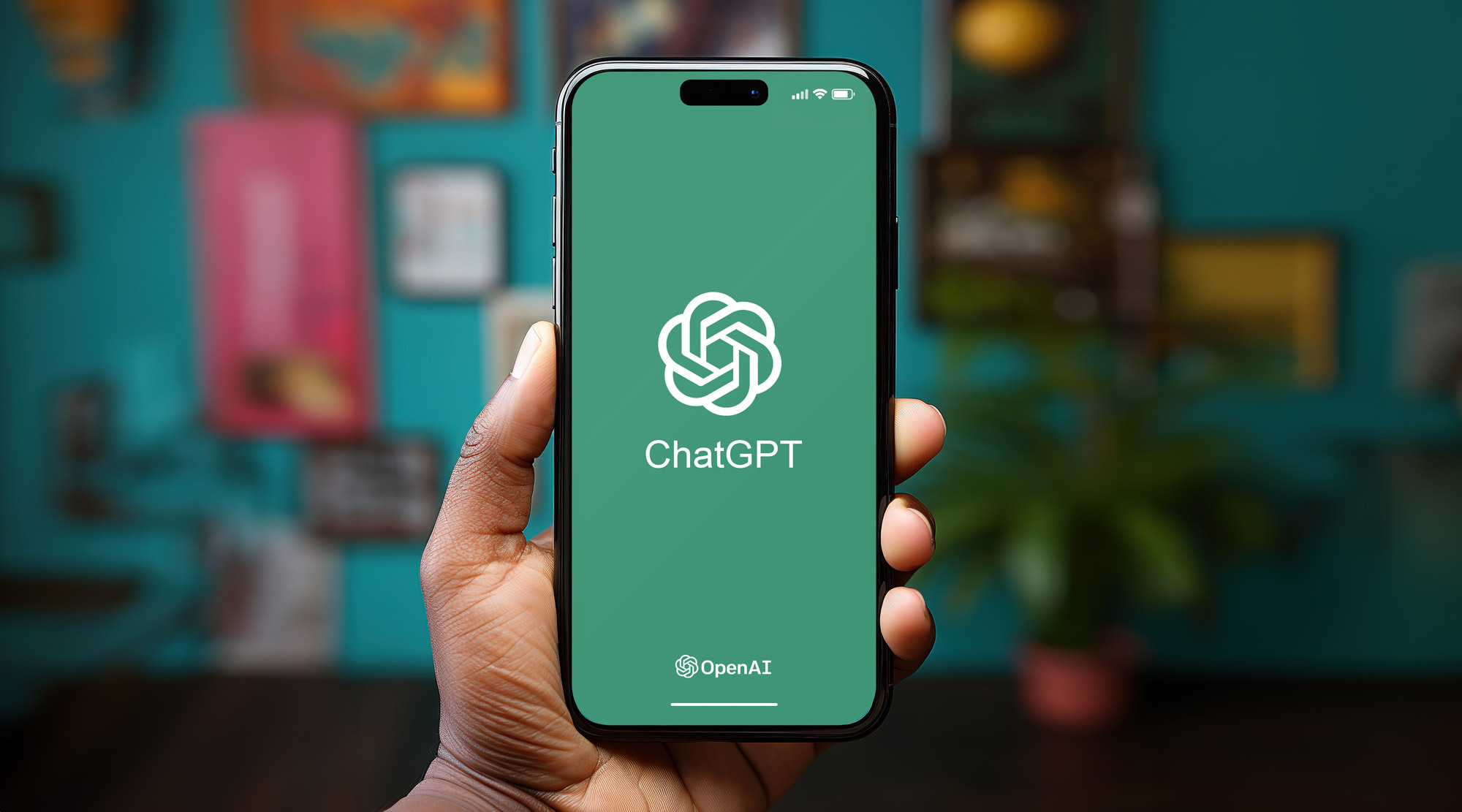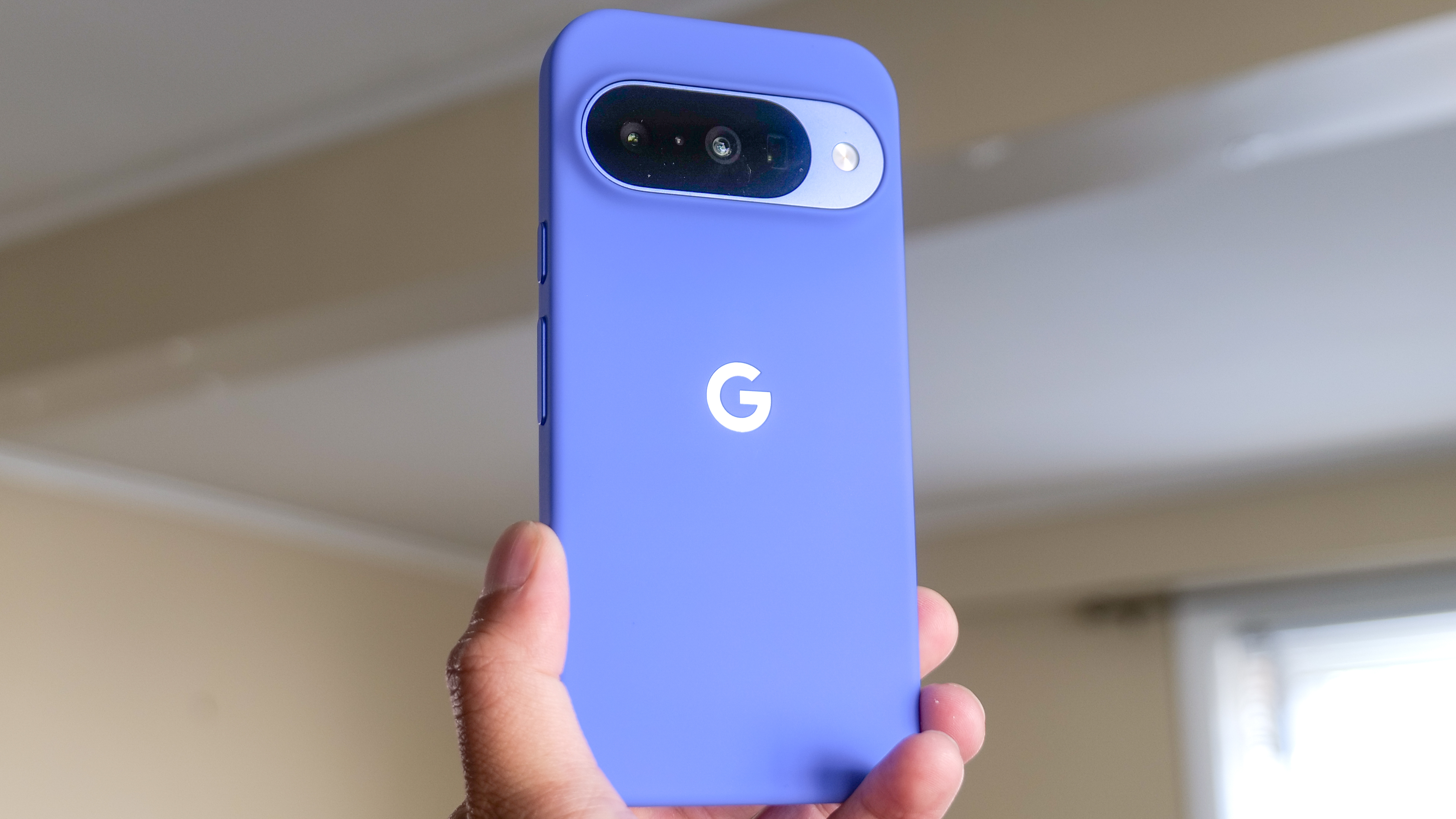Chatbots vs Google: How the two approach sourcing information is hugely different, according to a new study
Is this the future of search?

Here at Tom’s Guide our expert editors are committed to bringing you the best news, reviews and guides to help you stay informed and ahead of the curve!
You are now subscribed
Your newsletter sign-up was successful
Want to add more newsletters?

Daily (Mon-Sun)
Tom's Guide Daily
Sign up to get the latest updates on all of your favorite content! From cutting-edge tech news and the hottest streaming buzz to unbeatable deals on the best products and in-depth reviews, we’ve got you covered.

Weekly on Thursday
Tom's AI Guide
Be AI savvy with your weekly newsletter summing up all the biggest AI news you need to know. Plus, analysis from our AI editor and tips on how to use the latest AI tools!

Weekly on Friday
Tom's iGuide
Unlock the vast world of Apple news straight to your inbox. With coverage on everything from exciting product launches to essential software updates, this is your go-to source for the latest updates on all the best Apple content.

Weekly on Monday
Tom's Streaming Guide
Our weekly newsletter is expertly crafted to immerse you in the world of streaming. Stay updated on the latest releases and our top recommendations across your favorite streaming platforms.
Join the club
Get full access to premium articles, exclusive features and a growing list of member rewards.
Despite both chatbots and search engines scouring the internet for information to answer your requests, it appears that they are approaching the task in very different ways.
A new paper published by researchers at Ruhr University Bochum in Germany and the Max Planck Institute for Software Systems compared the results of Google against Google’s AI overviews, Gemini 2.5, and GPT-4o web search.
While both Google search and AI chatbots were attempting to resolve the same questions, it was found that AI chatbots were pulling information from a much wider selection of sources, sometimes retrieving answers from pages that were buried deep in Google’s search results and would almost never be found otherwise.
The queries that the study tested ranged from specific questions and political discussions to top products in online shopping.

How did they differ?
According to the study, AI search tended to pull from websites that were far past the first 1000 results. In some cases, they wouldn’t even be within the top 1 million websites tracked by a domain-ranking service.
In fact, when it came to product searches, AI results had less than a 30% overlap with Google results. Across all types of queries, the overlap between Google and chatbots was below 50%.
Gemini, in particular, showed a tendency to pick out links from unpopular domains, with a median average below the 1000th website in ranking.
Get instant access to breaking news, the hottest reviews, great deals and helpful tips.
Does this make Google better?
On the surface, this appears problematic for AI chatbots. Sourcing information from lesser-known sources and pulling from websites that Google doesn’t rank very highly. However, the researchers appear to contradict this.
GPT-based searches were more likely to cite sources, including corporate entities and encyclopedias, for their information, while rarely citing social media.
A significant part of the difference comes down to the way we process information. AI chatbots already possess a vast knowledge base and tend to utilize Google searches to supplement their existing knowledge.
Google searches, on the other hand, assume a complete lack of knowledge on a subject.

AI systems also don’t need to be given content that is made digestible. While one source of information, such as a research paper, may be the best source on a subject, it can be daunting for the average person to read through.
The priority for these AI systems is content that is accurate, detailed, and trustworthy. It doesn’t need to look good or sound good, as long as it is right.
The team of researchers didn’t conclude which of the two systems was better. They did, however, urge future researchers to explore new evaluation methods for understanding how generative search systems work.
Like many aspects of AI, it remains a mystery as to exactly how AI models select their sources.

Follow Tom's Guide on Google News and add us as a preferred source to get our up-to-date news, analysis, and reviews in your feeds.
More from Tom's Guide
- TripAdvisor and Peloton are ChatGPT's first built-in apps — Apple and Google should be worried
- I just put Perplexity's AI Comet browser to the test with 7 tasks — here's my verdict
- 7 hidden Google Home AI tricks that make your smart home way smarter

Alex is the AI editor at TomsGuide. Dialed into all things artificial intelligence in the world right now, he knows the best chatbots, the weirdest AI image generators, and the ins and outs of one of tech’s biggest topics.
Before joining the Tom’s Guide team, Alex worked for the brands TechRadar and BBC Science Focus.
He was highly commended in the Specialist Writer category at the BSME's 2023 and was part of a team to win best podcast at the BSME's 2025.
In his time as a journalist, he has covered the latest in AI and robotics, broadband deals, the potential for alien life, the science of being slapped, and just about everything in between.
When he’s not trying to wrap his head around the latest AI whitepaper, Alex pretends to be a capable runner, cook, and climber.
You must confirm your public display name before commenting
Please logout and then login again, you will then be prompted to enter your display name.
 Club Benefits
Club Benefits




















